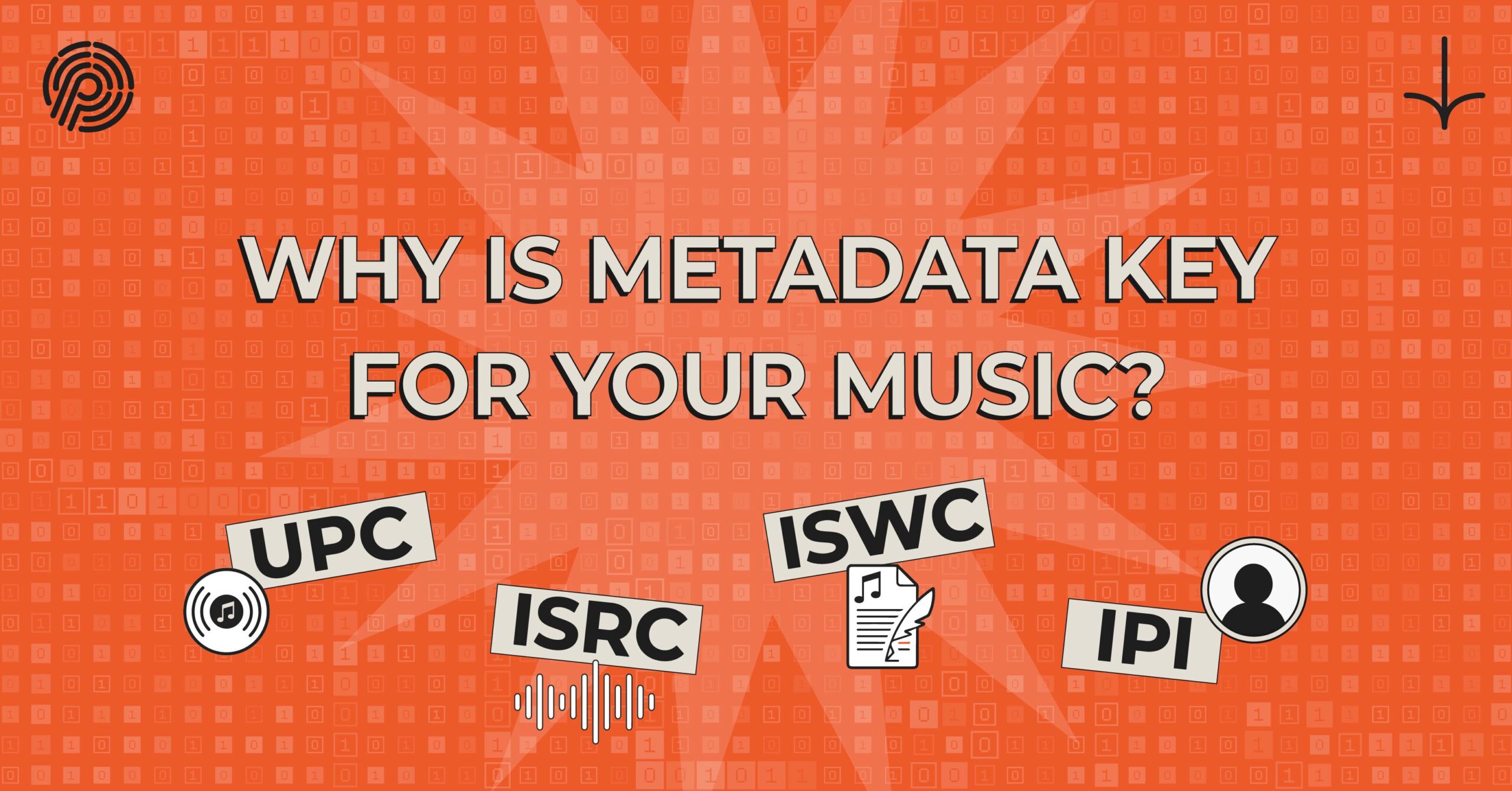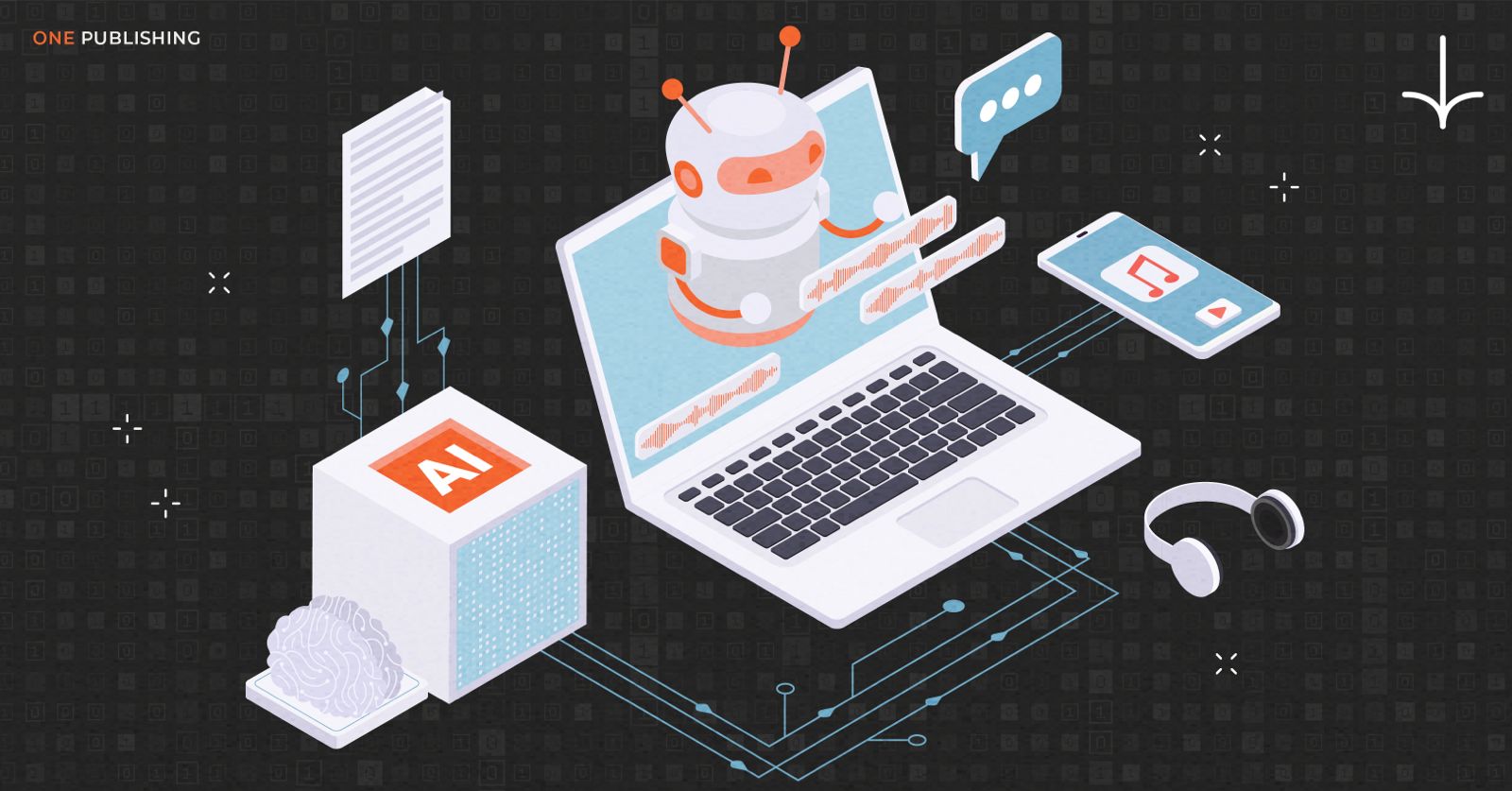Every day, over 120,000 songs are uploaded to streaming platforms. Many miss out on royalties for one simple reason: metadata.
Even though it's invisible, metadata connects your music to the money you've earned.
If you want your music to stand out on Spotify, Apple Music, or any other platform, understanding and organizing metadata is essential.
What is metadata?
Metadata is detailed information that comes with every song and composition.
It's more than just your title or artist name.
Metadata includes codes and data that link your music to digital platforms, publishers, and rights organizations.
Think of it as your track's digital ID.
Why metadata matters: The codes that ensure payment
There are two essential codes every artist should understand:
1. ISRC (International Standard Recording Code):
This 12-character code identifies each version of your recording. Without it, platforms like Spotify can't track streams or route royalties to you. Every version—like remixes or live takes—needs its own ISRC.
2. UPC (Universal Product Code):
This code identifies your full release—whether it's an album, EP, or single. It allows platforms to track sales and organize different formats like digital, CD, or vinyl.
Metadata for songwriters: Protect your compositions
If you're a songwriter, strong publishing metadata is just as important. Here's why:
1. ISWC (International Standard Work Code):
This code identifies your composition (the song itself) and ensures you're paid as the songwriter for each stream or performance.
2. IPI Number:
This code identifies composers and publishers.
Performance rights organizations use it to know who to pay.
Without it, royalties can get lost in the system.
How metadata boosts your chances for syncs and playlists
1. Metadata doesn't just affect your royalties.
It's also key to getting into playlists or landing sync opportunities for film, TV, or ads.
Details like genre, tempo, and mood help curators and supervisors find the right track.
Clean, well-organized metadata improves your chances of getting selected.
2. Managing your metadata isn't just a technical step.
It helps ensure your music is found, streamed correctly, and monetized properly.
From royalties to sync placements, metadata is the foundation of a sustainable and successful music career.
Learn more about ONE Publishing.
Music Is Everything.





